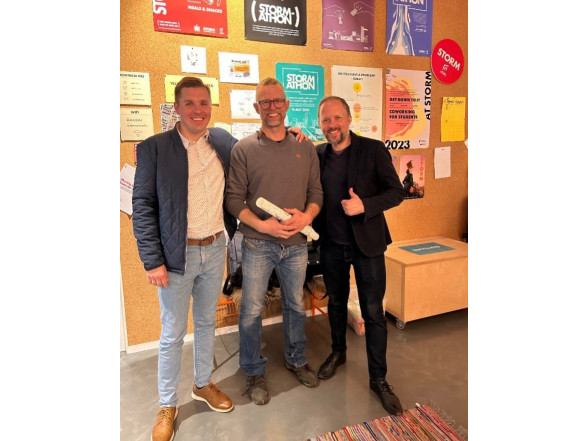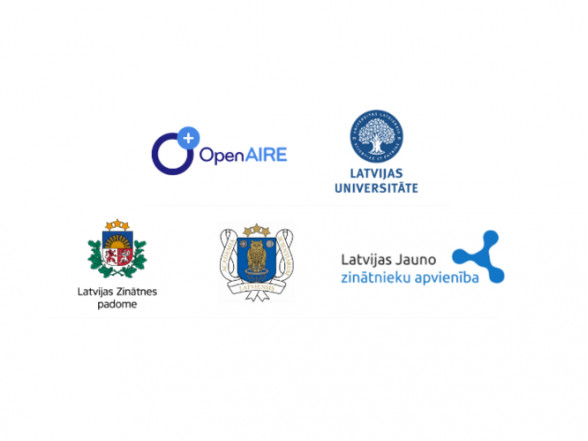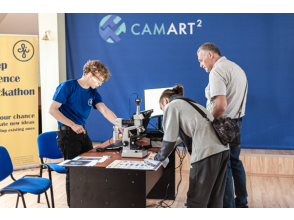ISPP UL development department representatives Girts Ozolins and Janis Latvels visited innovation system stakeholders in Lund and Malmö (Sweden) to exchange experience, get feedback and share best practices on innovation management, support, technology transfer and commercialisation.
On the first day, Girts Ozolins and Jānis Latvels met with Christine Wifstrand from LU Holding AB- a venture arm of Lund University, to discuss how LU Holding works, what role it plays in support of new technology commercialisation and investment in the University spin-offs. It was confirmed that such early-stage financial support is vital for the success of the new companies.
The next meeting was with Ashutosh Kumar, a scientist from Unit Nanotechnology of RISE, to tour the new ProNano Lund facilities and learn how the research institute provides services to spin-out companies. Girts and Janis also met and briefly talked with Dr. Mitry Suyatin, the CTO of AlixLabs- one of the resident companies at ProNano Lund facilities. It was concluded that ProNano facilities have recently started, and it will take 4-5 years to build a large enough customer base to become self-sustainable.
The first day concluded with the meeting of Rickard Eksten, a Research Funding Advisor from Lund University Research Services, that supports scientists and students in writing project applications and attracting funding for their research. It was agreed that if ISSP UL sees any projects where Lund University might be a partner, for example, in the Excellence Hub call, then ISSP UL representatives should inform Mr. Eksten to discuss cooperation options in more detail.
Girts Ozolins and Jānis Latvels met with Niclas Nilsson, Director of Innovation at Lund University, on the second day. It was a fruitful and valuable discussion (see a picture below of an important board drawing explaining every university/research institute’s innovation development steps). It was concluded that the ISSP UL innovation development plan and thinking are in the right direction; it is necessary to consider a local context and ecosystem. An essential takeaway was that research institutes and universities in Latvia need funding in their management to support very early-stage ideas and technologies with small investments starting from 2000 EUR per project. This is crucial in the success of commercialization and spin-offs currently missing in the Latvian ecosystem.
The second day concluded with a short journey to Malmö city and a meeting with Joa Falke and his colleagues from Mau Innovation of Malmo University. The main takeaway from the meeting was that Swedish universities and research institutes have similar challenges to Latvian research institutions, for example, researcher engagement, and that non-formal direct contact with simple messages and creative ways to promote university support to scientists are the best currently known strategies.
It was agreed that a short 1-page ISSP UL plan and early-stage idea funding model draft document should be prepared and discussed with the director of ISSP UL to present to appropriate government institutions.



